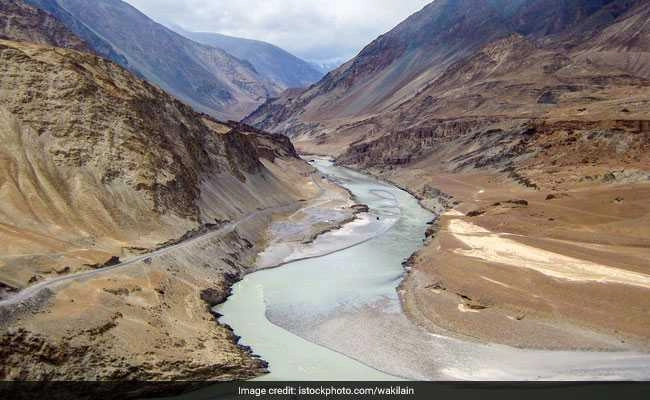The Indus Waters Treaty (IWT) is a significant water-sharing agreement signed between India and Pakistan in 1960, facilitated by the World Bank. This treaty delineates the rights and responsibilities of both countries concerning the use of the Indus River and its tributaries. The IWT allocates control of the rivers among the two nations, granting Pakistan the exclusive rights to the three eastern rivers – the Indus, Chenab, and Jhelum – while India has control over the three western rivers – the Ravi, Beas, and Sutlej. This intricate arrangement was designed to foster cooperation and minimize conflict over water resources, given that both nations rely heavily on these rivers for agriculture, drinking water, and hydropower generation.
However, the IWT has been a point of contention, especially in the wake of geopolitical tensions and conflicts between India and Pakistan. Following the terrorist attack on Indian security forces in Jammu and Kashmir in February 2019, India took a significant step by suspending its commitments under the treaty. This decision was rooted in the perception that Pakistan was using its control over the eastern rivers to support terrorism against India. By suspending the IWT provisions, India aimed to leverage its water resources as a means of exerting pressure on Pakistan, signaling that continued support for terrorist activities would have consequences on water-sharing arrangements.
The suspension of the IWT by India has raised concerns about the implications for bilateral relations and regional stability. The treaty is not only a legal framework for water sharing but also a symbol of the diplomatic relationship between the two nations. With the increasing impact of climate change on water availability and the growing demands for water resources, any disruption to the IWT could exacerbate tensions, leading to further conflicts. Additionally, the suspension could set a precedent for similar actions in the future, potentially undermining the treaty’s long-term viability and the cooperative spirit it was meant to foster.
In conclusion, the Indus Waters Treaty represents a crucial aspect of India-Pakistan relations, intricately linked to issues of national security and regional cooperation. The suspension of treaty commitments by India highlights the delicate balance between water sharing and geopolitical tensions. As both countries navigate their complex relationship, the future of the IWT remains uncertain, with significant implications for the millions of people who depend on these vital water resources. The need for dialogue and cooperation is more pressing than ever if both nations are to avoid further escalation and find sustainable solutions to their water-sharing challenges.




